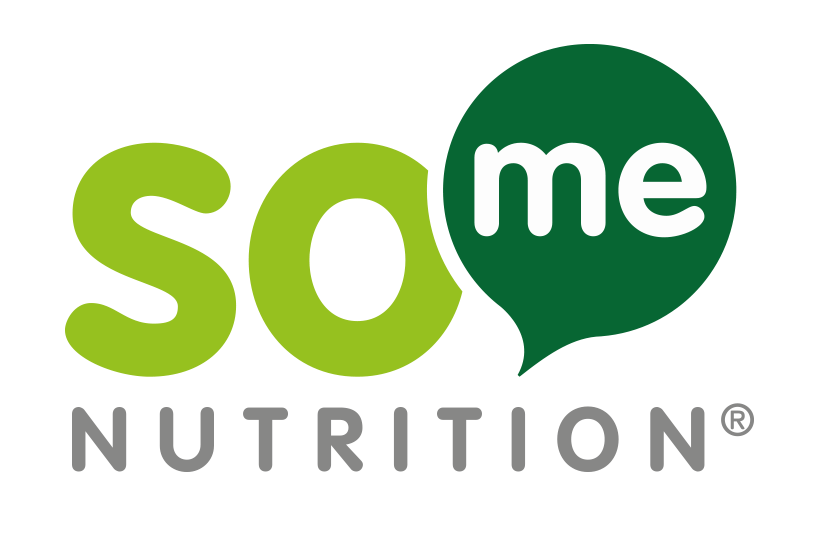Why do we need supplements?
Vitamins and minerals are essential nutrients that your body needs in small amounts to work properly.
Each vitamin and mineral performs a number of functions in the body, acting as co-factors in processes required for normal bodily function.
For example, iron has several important roles in the body, such as making red blood cells, calcium helps to build strong bones and teeth, vitamin C contributes to the normal function of the immune system (amongst other functions) and vitamin D contributes to healthy bones, teeth and muscle function.
As our diets change and we move to eating more processed foods, we do not always achieve the required levels of vitamins and minerals from our food.
Supplementation can thus help us to achieve these levels and may be particularly appropriate if somebody is eating a restricted diet.
What are vitamins?
Vitamins are organic substances made by plant or animals.
There are 2 types of vitamins; fat soluble and water soluble.
Fat-soluble vitamins are mainly found in fatty foods such as butter, vegetable oils, dairy foods etc. They are:vitamin A, vitamin D, vitamin E and vitamin K. It is also suggested that these vitamins should be taken alongside food containing fat as this may help with absorption.
Water- soluble vitamins are not stored within the body therefore more frequent supplementation is necessary. They are:vitamin C and the B vitamins – B1 (thiamine), B2 (riboflavin), B3 (niacin), B4 (pantothenic acid), biotin, folic acid and B12.
What do I need to know about vitamin D?
Vitamin D is probably best known for its role in bone health, particularly the prevention of the childhood condition rickets. However, evidence suggests that vitamin D has broad effects on health and wellbeing, and is associated with a reduced risk of a range of conditions including Alzheimer’s disease, depression, multiple sclerosis and several forms of cancer. There is also evidence that many of us have sub-optimal levels of vitamin D throughout the year, and this situation generally becomes more acute during the winter.
While vitamin D can be found in some foods (e.g. oily fish), most of our requirements for it come from the action of sunlight on the skin. As a result, vitamin D levels in the UK tend to climb through the spring and summer, before declining again during the autumn and winter.
As it is difficult to get the required amount of vitamin D from the sun in the Autumn and Winter months in the UK the Government now recommends that everybody (from newborn babies to the elderly) takes a daily supplement during these seasons.
Vitamin D in supplements comes in two forms: ‘D2’ and ‘D3’. It is generally accepted that D3 is the preferred form, not least because it has been shown to raise vitamin D levels more effectively than the D2 form.
What are minerals?
The body needs larger amounts of some minerals to stay healthy and these are known as macro-minerals – calcium, phosphorous, magnesium, sodium, potassium, chloride and sulphur.
The other group of minerals is known as trace minerals and these are also required by the body, but in smaller amounts – copper, chromium, fluoride, iodine, iron, molybdenum, manganese, selenium and zinc.
Should supplements be taken instead of food?
Dietary supplements may help some people get enough of certain essential nutrients to support their diet, improve their nutrient intake and be in their best health. Dietary supplements should never be taken in place of a balanced meal, but should be an addition to a balanced diet and lifestyle.
How should I take food supplements?
Food supplements should be taken with food, unless directed otherwise by your healthcare professional.
What is meant by NRV on the label of vitamins and minerals?
The NRV is the Nutrient Reference Value, which has replaced the RDA (Recommended Daily Amount) as the level of intake of essential nutrients (including vitamins and minerals) that the government considers adequate to meet the known nutritional needs of the average healthy person.
Do any Vega products contain any Genetically Modified Organisms?
No, we do not use any GMOs in our Vega products.
What is a food supplement?
Food Supplements are a concentrated source of a vitamin, mineral or other substance which has either a nutritional or physiological effect.
They can be found as individual elements or combinations and are usually sold by the dose in a capsule, tablet, liquid or powder form. Innopure products unless they fall into the vitamin or mineral category are labelled as food supplements.
What are vitamins & minerals?
Your body needs Vitamins in small amounts to work properly. Vitamins come in 2 types: Fat-soluble vitamins and water soluble vitamins.
Fat-soluble vitamins are found mainly in fatty foods and animal products, such as vegetable oils, milk and dairy foods, eggs, liver, oily fish and butter.Your body stores these vitamins in your liver and fatty tissues for future use. The fat-soluble vitamins are:
Vitamin A
Vitamin D
Vitamin E
Vitamin K
Water-soluble vitamins on the other hand are not stored in the body, so you need to have them more frequently. Water-soluble vitamins are found in a wide range of foods, including fruit, vegetables, potatoes, grains, milk and dairy foods. Unlike fat-soluble vitamins, they can be destroyed by heat or by being exposed to the air. They can also be lost in water used for cooking. Water-soluble vitamins are vitamin C, the B vitamins and folic acid.
Like Vitamins minerals are essential nutrients the body needs to function correctly. They are needed for 3 primary reasons.
For healthy bones and teeth.
Controlling body and cellular fluids.
Turning food into energy.
Minerals are found in meat, cereals (including cereal products such as bread), fish, milk and dairy foods, vegetables, fruit (especially dried fruit) and nuts.
The main essential minerals are calcium, iron and zinc although there are also many other types of minerals that are an important part of a healthy diet.
